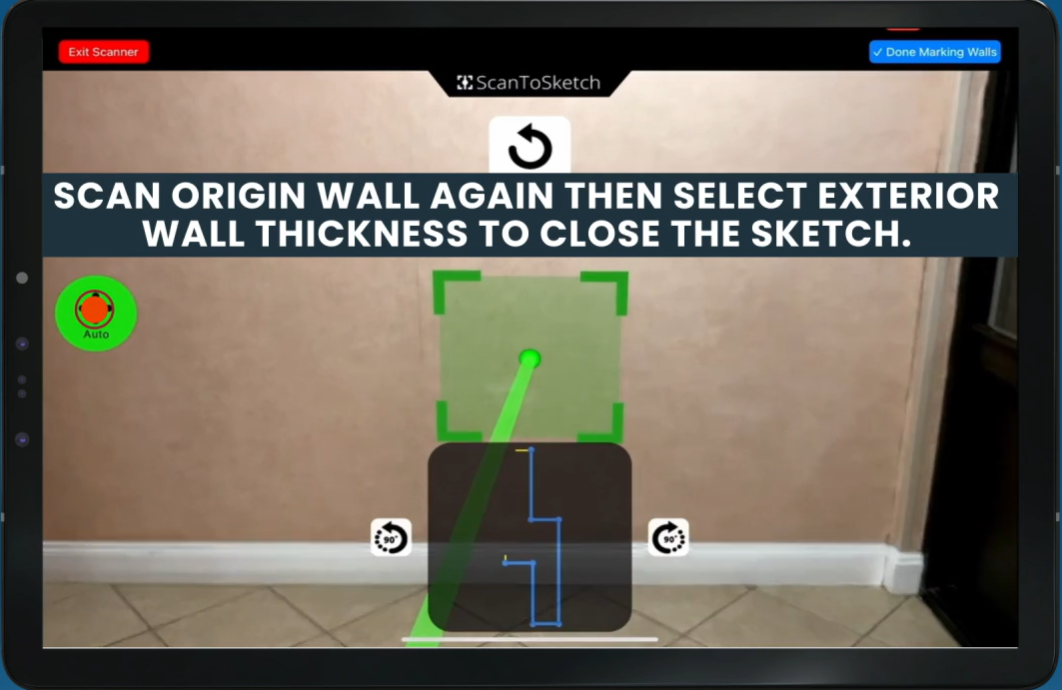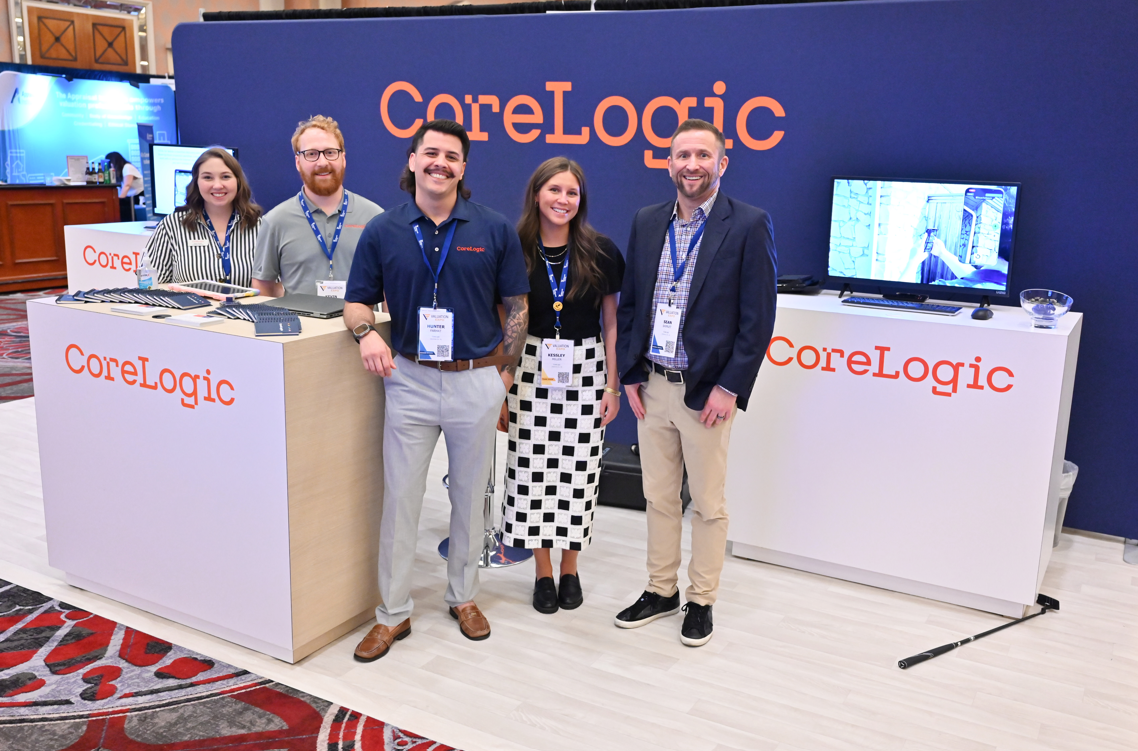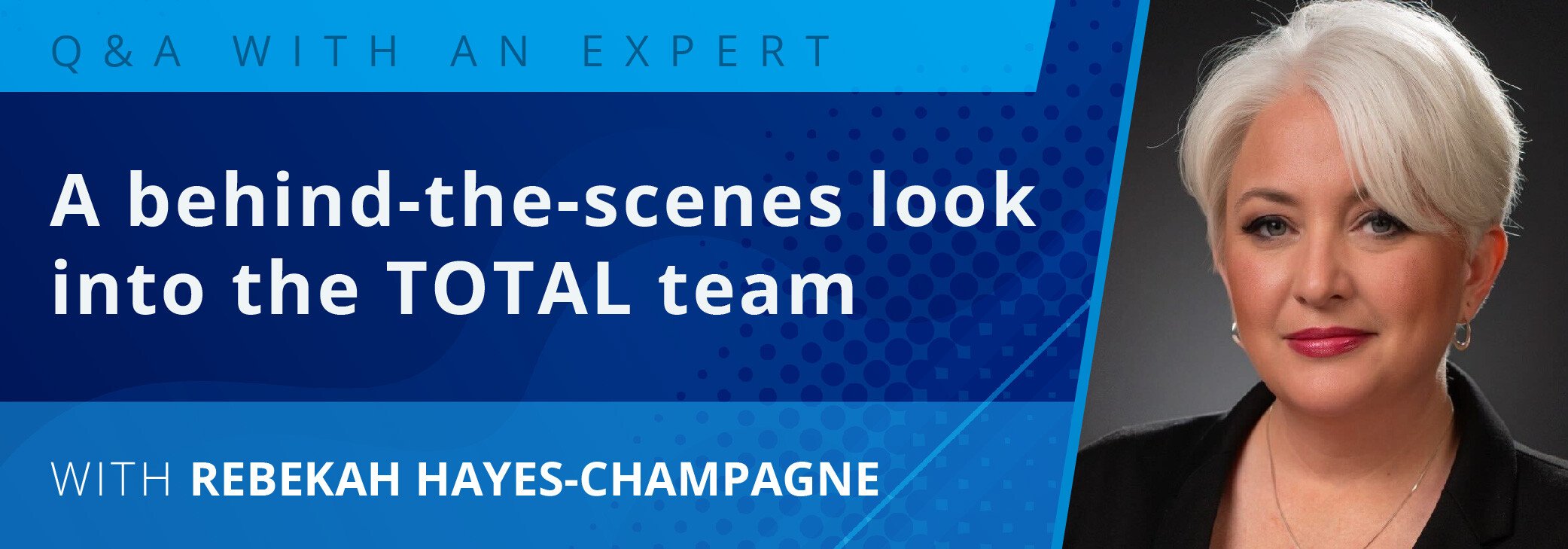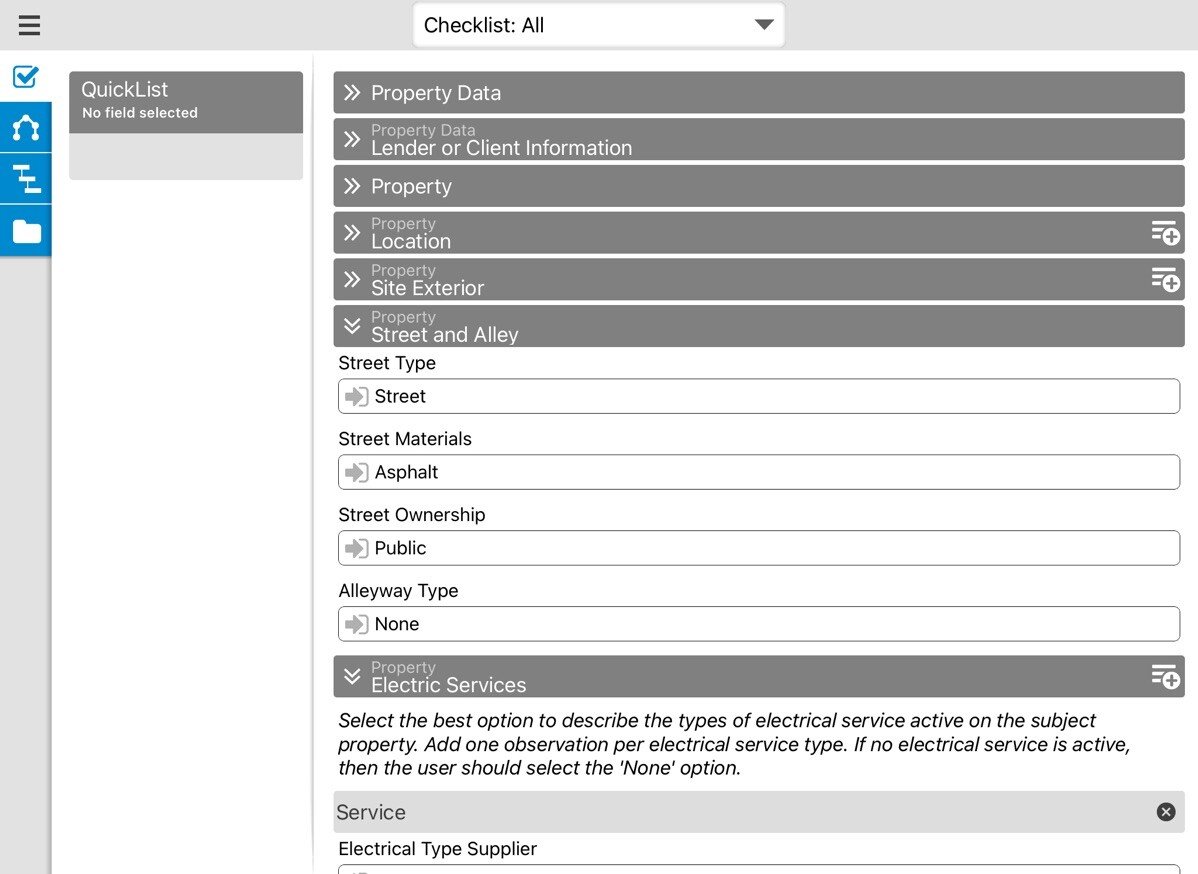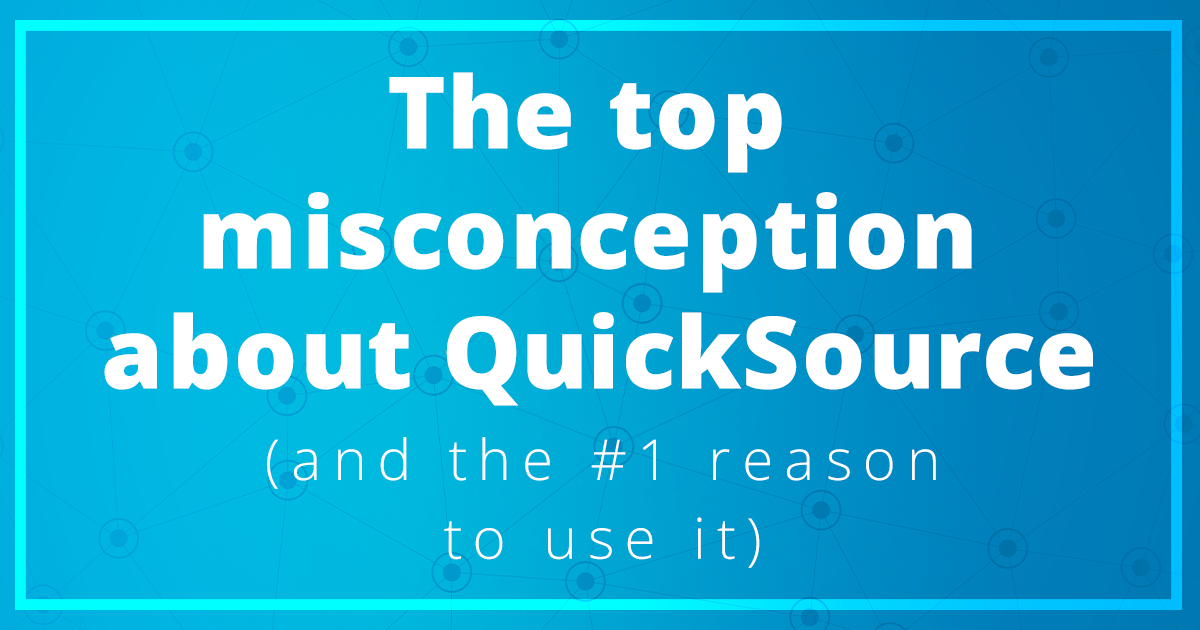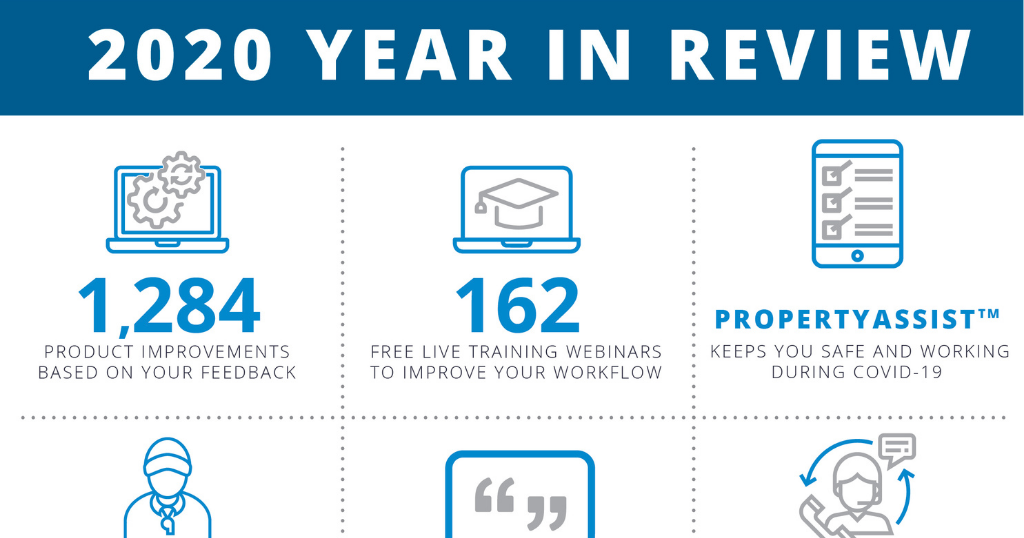A new Fannie Mae program introduced this year is anticipated to increase manufactured housing financing by 33 percent. Conseco Finance, one of the largest MH lenders which, dragged down principally by its MH business, filed for bankruptcy protection in 2002, was purchased recently out of bankruptcy by CFN Investment Holdings. Large mortgage originators U.S. Bank and GMAC Residential Funding have entered the arena recently. Large lenders like Chase and Origen Financial remain committed to MH funding.
The best news for the MH industry though was the purchase recently of Clayton Homes, arguably the MH sales leader, by Warren Buffett's company, Berkshire Hathaway. Buffett has become one of the world's richest men by acquiring companies that offer fundamental goods or services (of which housing is certainly one), run by competent people (which Clayton is), at reasonable prices (which any MH outfit would be after what the industry has seen in the last few years.)
Aggressive underwriting, competition, and overstock contributed to a meltdown in MH lending that culminated in about 100,000 homes being repossessed in 2003. Shipments of new houses that year fell to 131,000, the lowest level in 41 years. Meanwhile, features endemic to MH finance contributed as well. Historically low interest rates made many of manufactured housing's target customers buyers of site-built homes instead. MH manufacture and finance is governed by often arcane and complicated rules of the Department of Housing and Urban Development (HUD). And lenders used to a national servicing strategy did not recognize that regional, dealer relationships were necessary to deal with the expected (in the best of times) 10 percent default rate on MH.
"Much of [manufactured housing's] volume a few years back came from buyers who shouldn't have bought, financed by lenders who shouldn't have lent," Buffett wrote in his annual letter to shareholders in March.
Because the sector failed so spectacularly, it's primed for a rebound. Fannie Mae had stopped buying MH securities in 2000; and now has developed a new MH lending program. Rates will rise and lower-income renters who last year could have afforded a site-built home will return as customers to manufactured homes. The Manufactured Housing Institute, an industry adovcacy organization, has developed a Lenders Best Practices program. Most tellingly, Buffett, the Oracle of Omaha (who avoided tech stocks prior to the tech bubble-crash because he seemed to be the only person to realize the companies people were investing in weren't producing anything or making any money) is now poised to be the largest market-share provider of manufactured homes.
"A different business model is required," he wrote in March, "one that eliminates the ability of the retailer and salesman to pocket substantial money up front by making sales financed by loans that are destined to default." He promised to institute that new business model, and to have Clayton and another new acquisition, Oakwood Homes, another distressed MH dealer, service many more of their own loans.



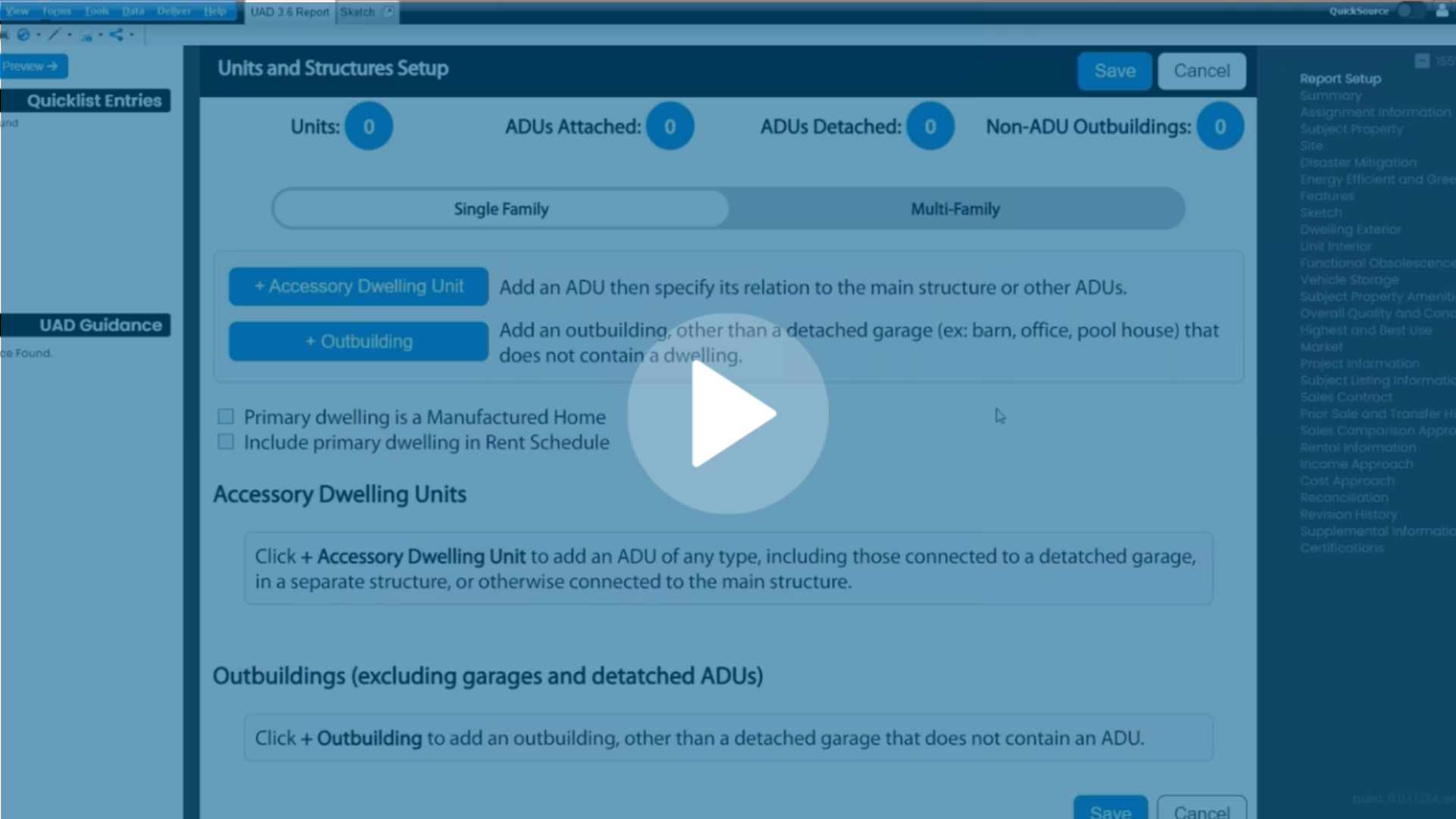
.png)

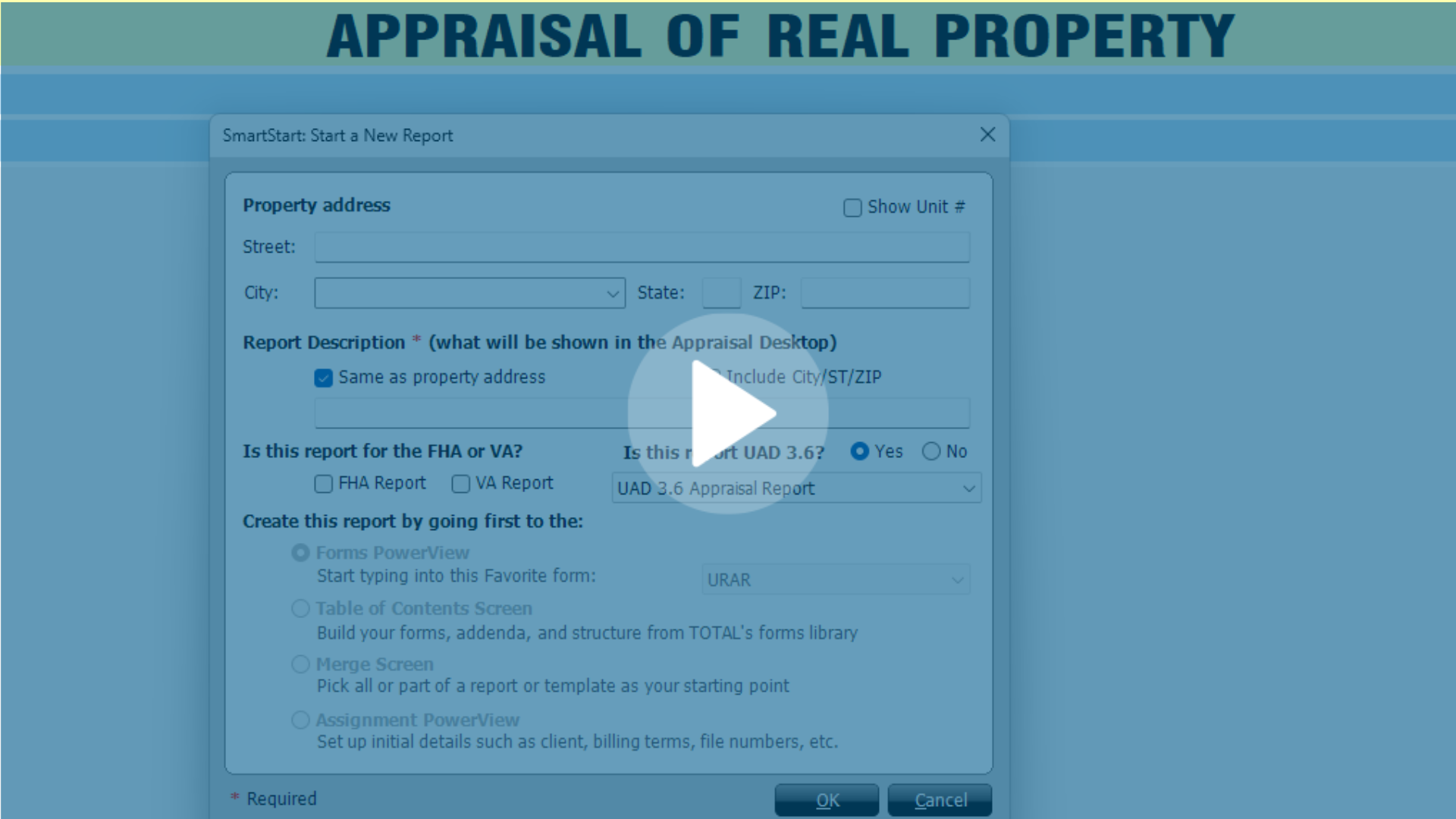


.png)
-1.png)
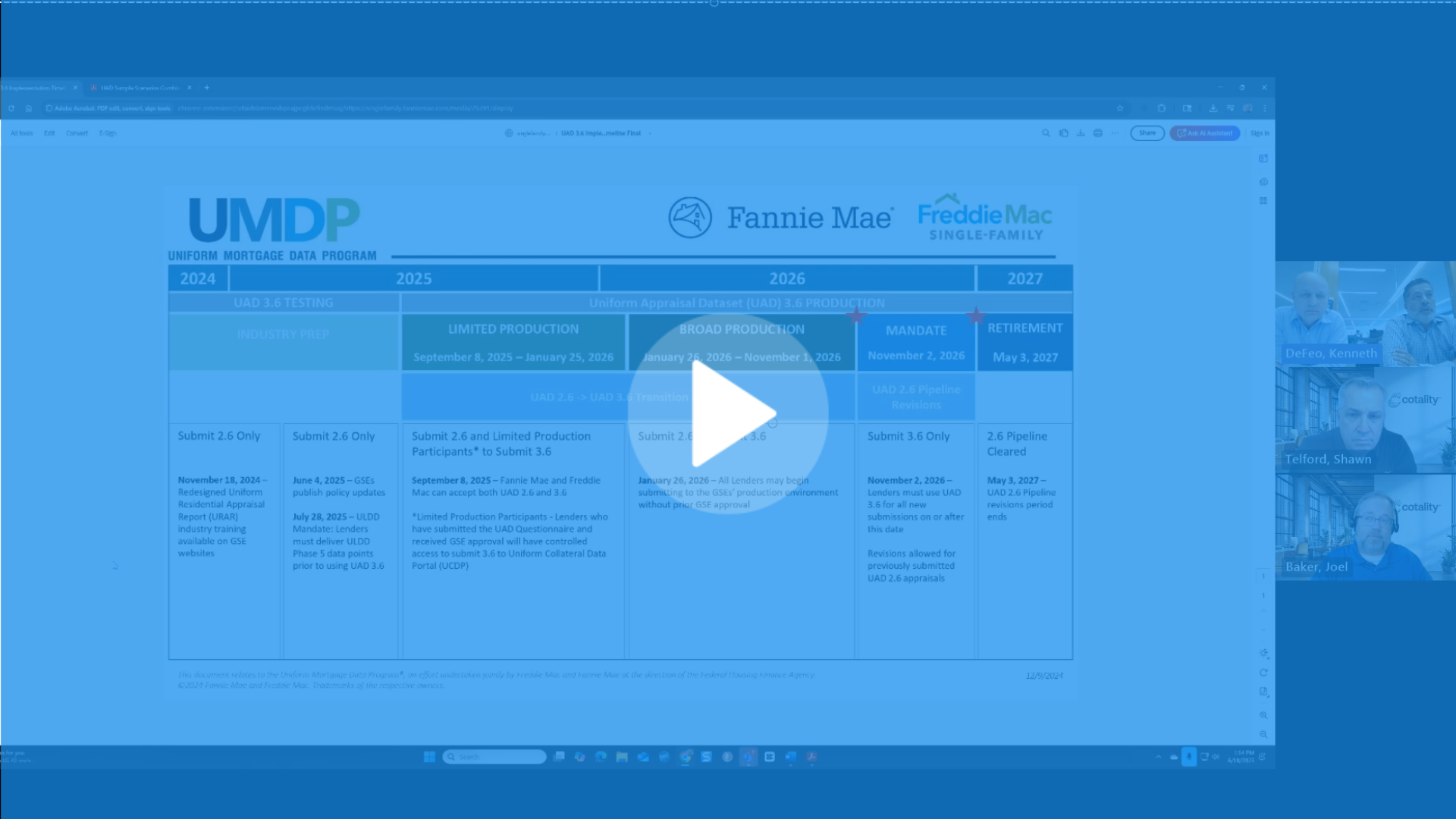
.png)
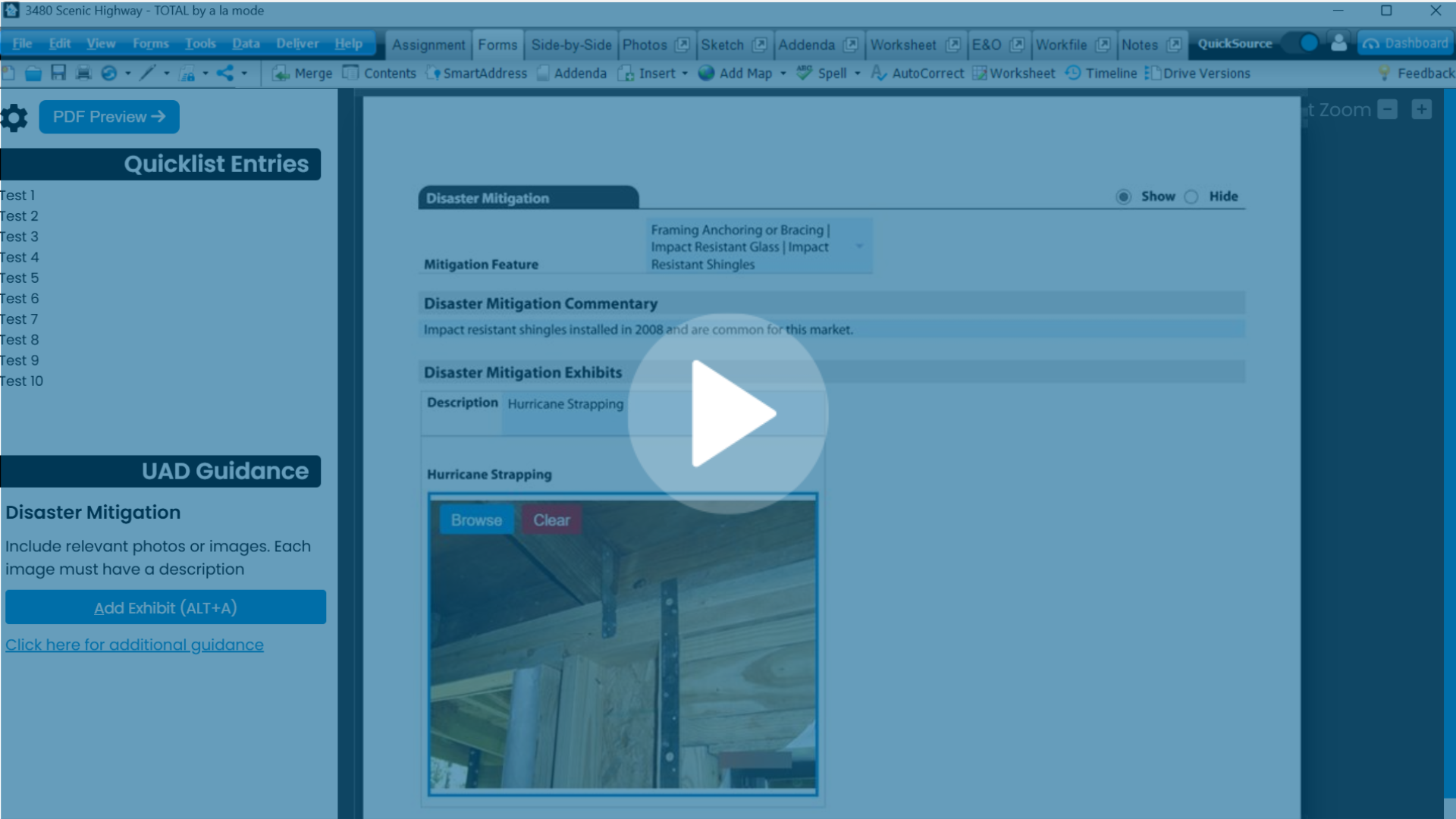
.png)
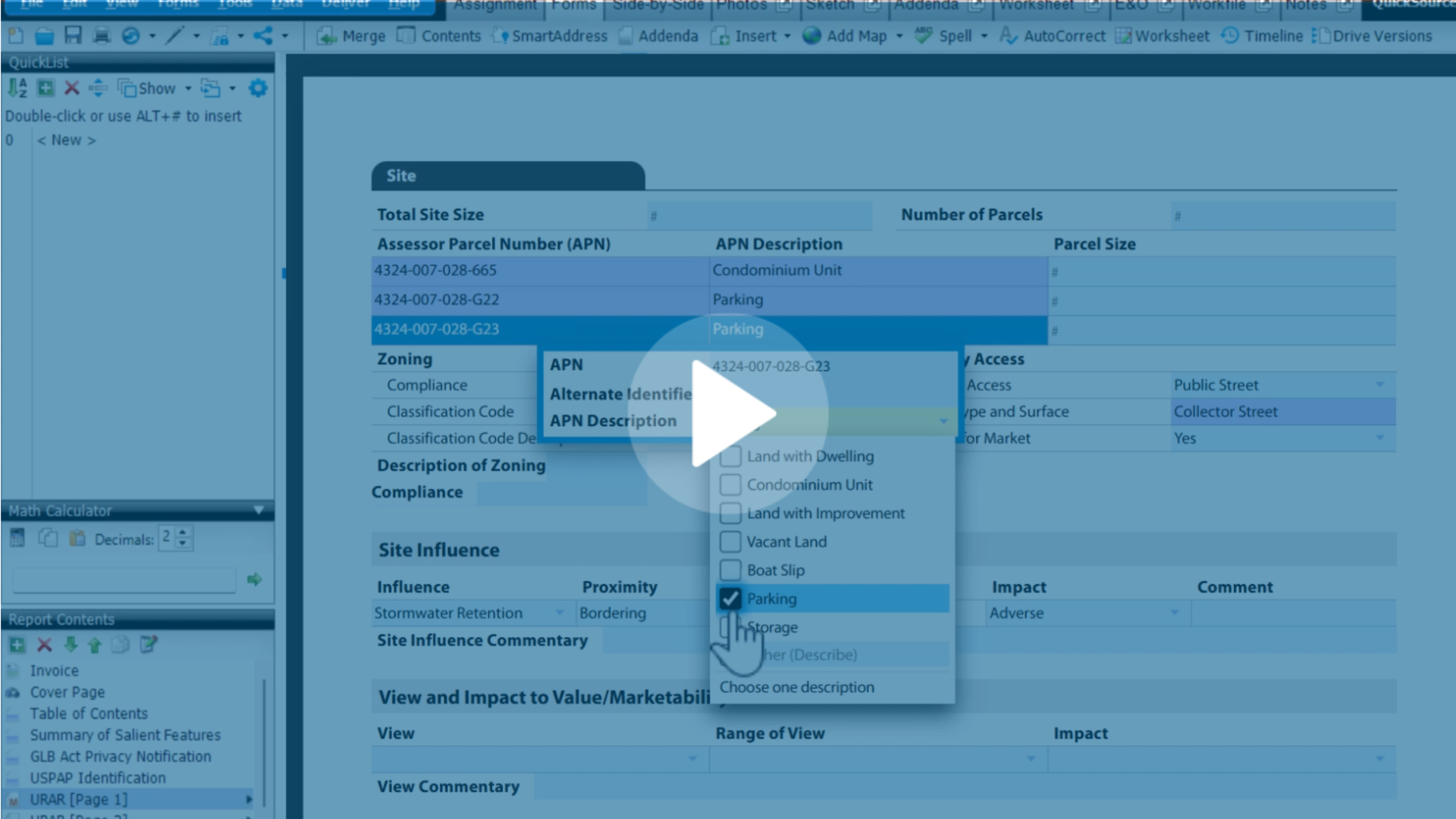
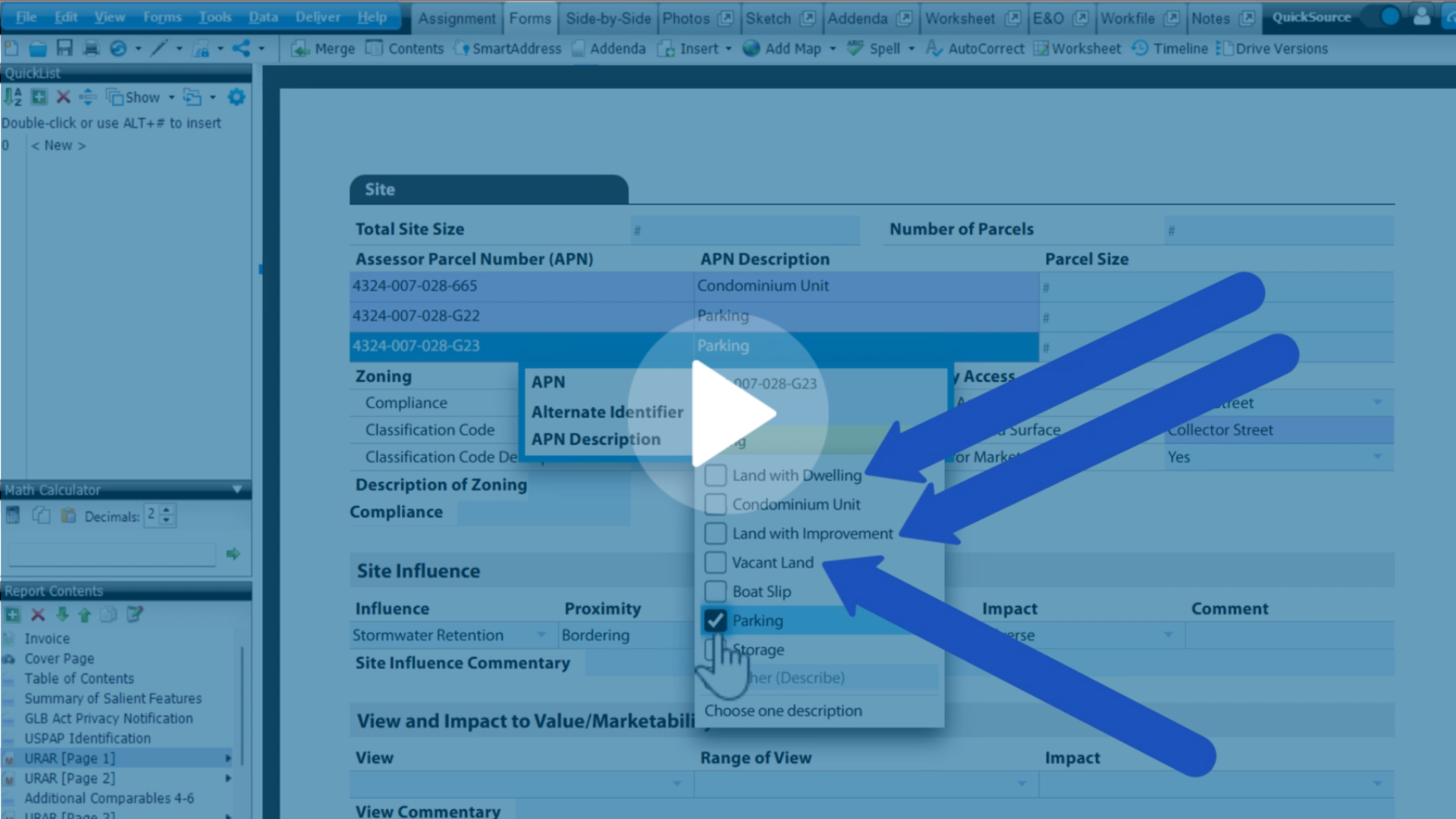
.png)
.png)
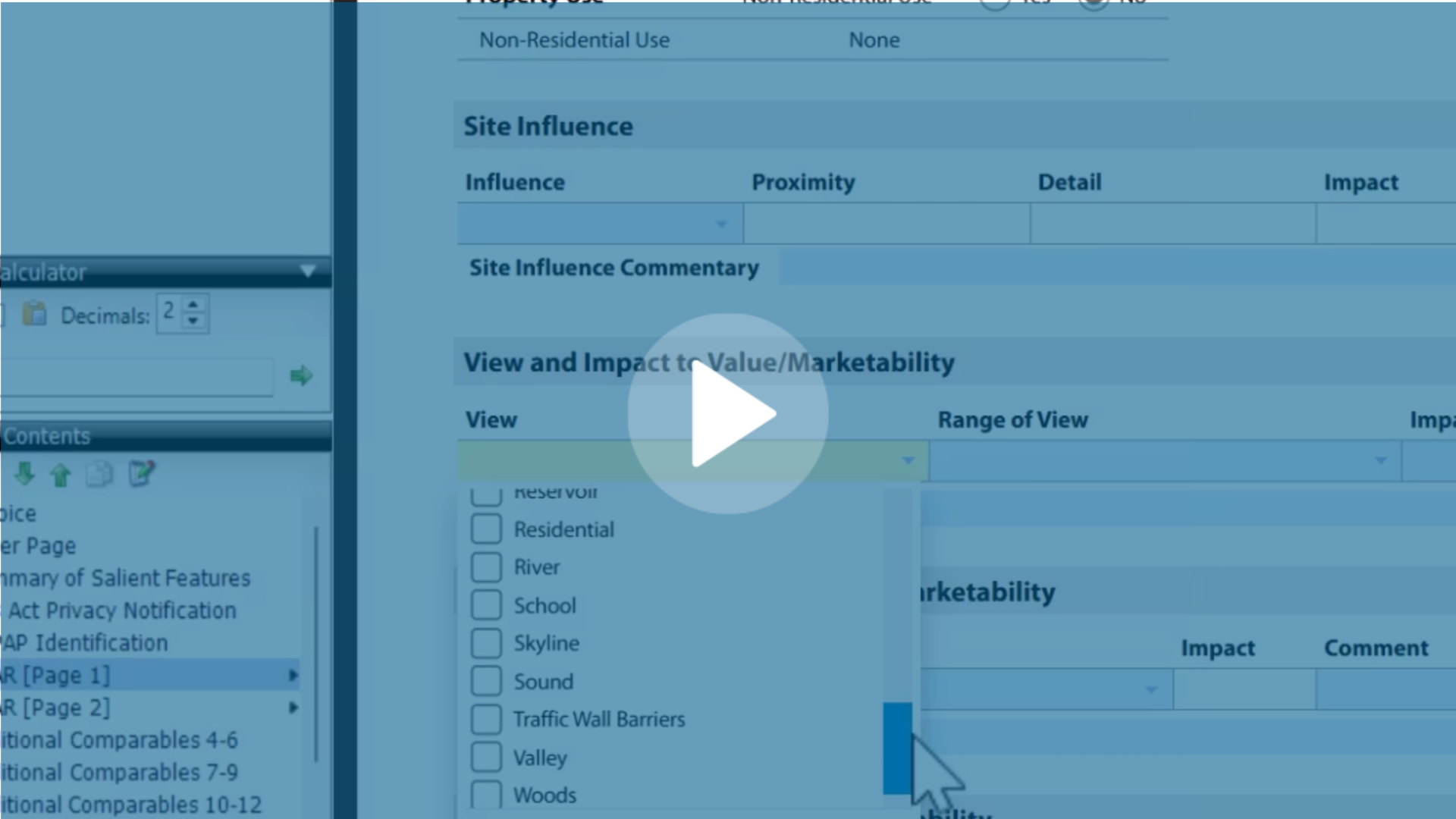
.jpg)
.png)
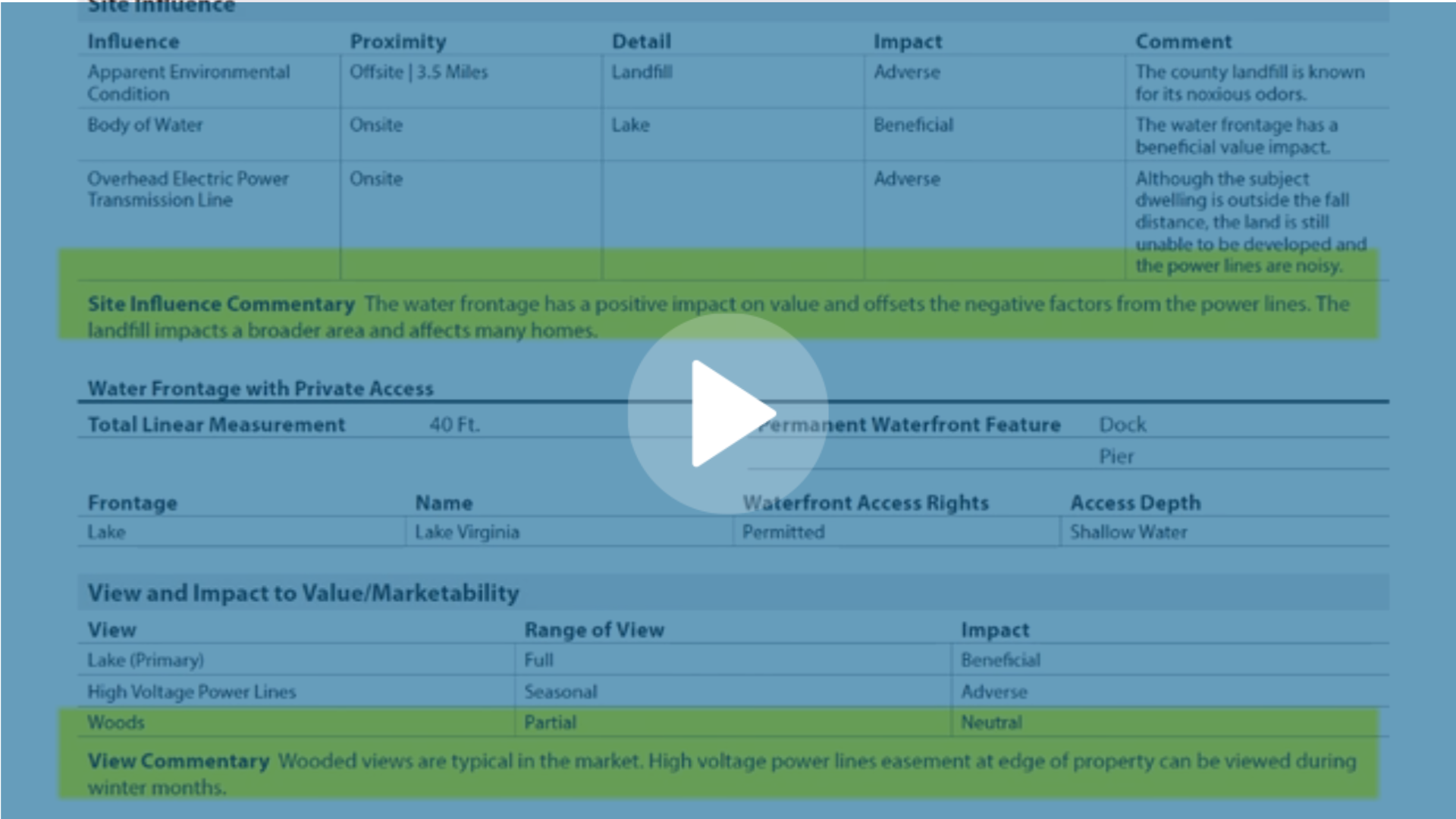
-1.png)



